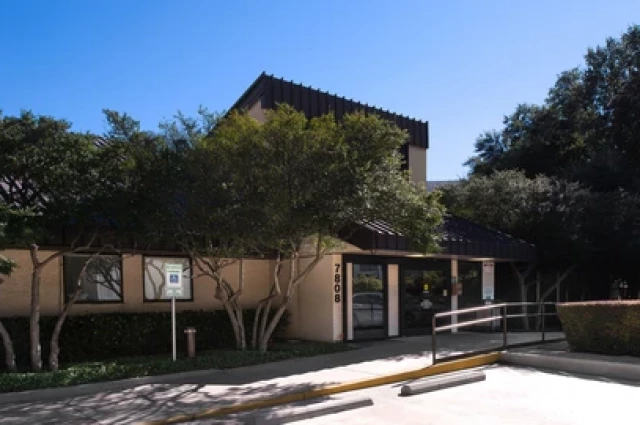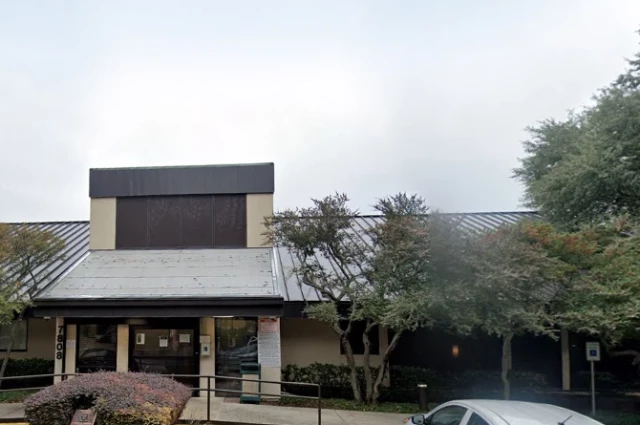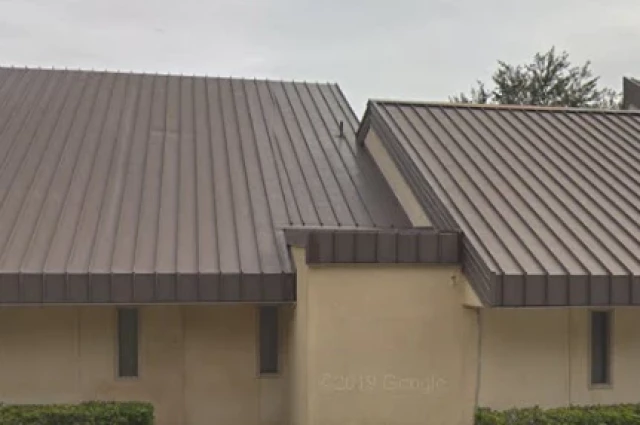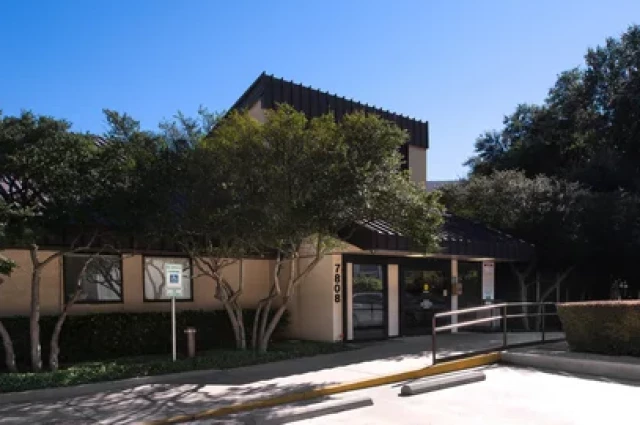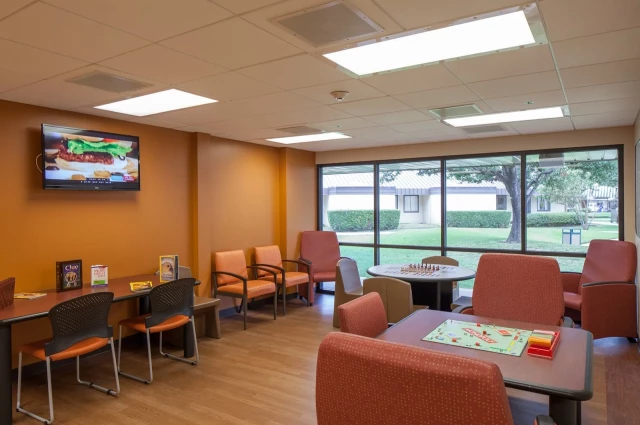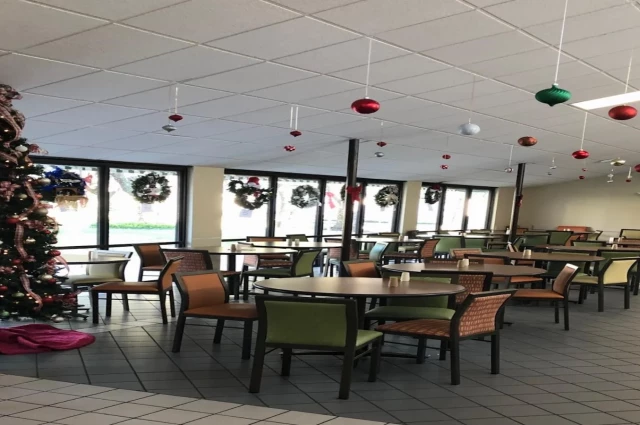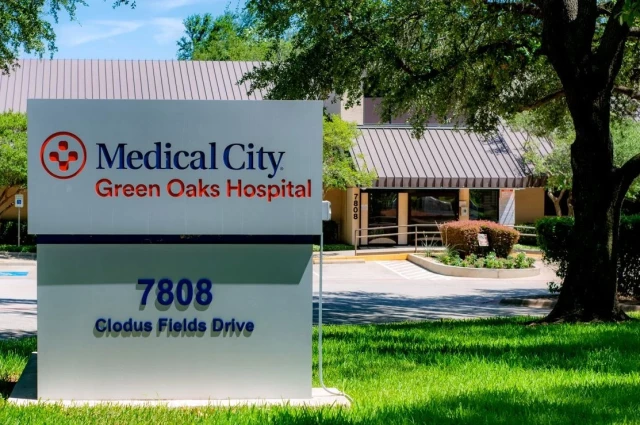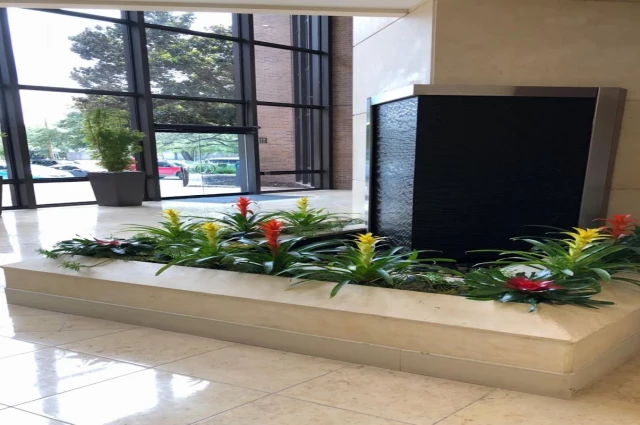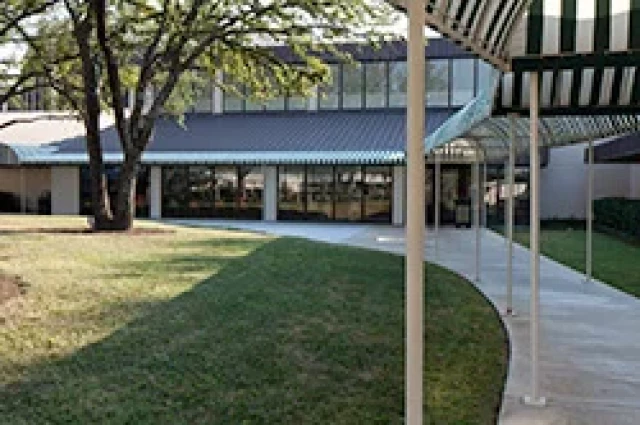The Medical City Green Oaks Hospital in Dallas, Texas, helps both adults and teens with a wide range of mental health issues. The hospital is dedicated to providing excellent care and provides a wide range of services, such as intensive programs for teens, inpatient care, partial hospitalization programs (PHP), and outpatient care. The building is open 24 hours a day, seven days a week, so people who need help can get it at any time.
Treatment programs at the hospital focus on a wide range of mental health and drug use disorders, such as eating disorders, emotional problems, and conditions that happen at the same time. Individual, group, and family treatments are just some of the different types of therapy that Medical City Green Oaks Hospital uses to help people get better. As part of its comprehensive and individualized care, the facility also offers specialized treatment choices such as Medication-Assisted Treatment (MAT), Cognitive Behavioral Therapy (CBT), and Electroconvulsive Therapy (ECT).
The Medical City Green Oaks Hospital is committed to helping people get better mental health and long-lasting recovery by focusing on dual diagnosis care and a multidisciplinary approach.
Medical City Green Oaks Hospital Information
Treatment
Who We Treat
- Children
- Teens / Adolescents
- Young Adults (18–25)
- Adults
- Seniors/Older Adults
- Adolescents
- Older Adults
- Male and Female
Approaches
- 12-Step-Based
- Twelve Step
- Family Therapy
- Group Therapy
- 1-on-1 Counseling
- Nutrition Counseling
- Online Therapy
- Life Skills Training
- Relapse Prevention Counseling
Conditions We Treat
- Co-Occurring Disorders
Substances We Treat
- Alcohol
- Benzodiazepines
- Opioids
- Cocaine
- Methamphetamine
Languages
- English
- Spanish
Aftercare
- Outpatient Treatment
- Continuing Care
- Support Meetings
Level of Care
- Outpatient
- Day Treatment
- Aftercare/Continuing Care
Experience
Smoking and Vaping Policy
- Smoking Allowed in Designated Areas
- Vaping Allowed in Designated Areas
Accreditations
-
State department of health
Government agencies issue State Licenses, which grant rehabilitation organizations permission to conduct their operations lawfully within specific geographic regions. Licenses needed to operate are typically determined by the type of rehabilitation program offered by the facility and its physical location.

-
The Joint Commission
The Joint Commission accreditation signifies that a facility has met rigorous standards of excellence in patient care, treatment, and safety. It assures individuals and healthcare professionals that the accredited facility provides high-quality, evidence-based care for addiction and mental health issues, fostering trust and confidence in their services.

Medical City Green Oaks Hospital Accepts The Following Insurance Plans
Find the best treatment options. Call our free and confidential helpline today!
